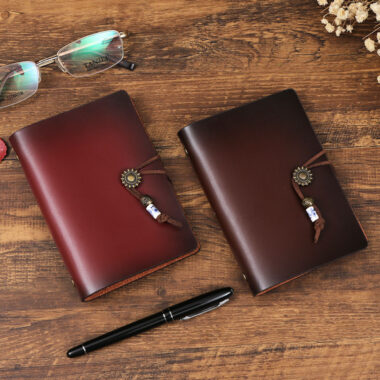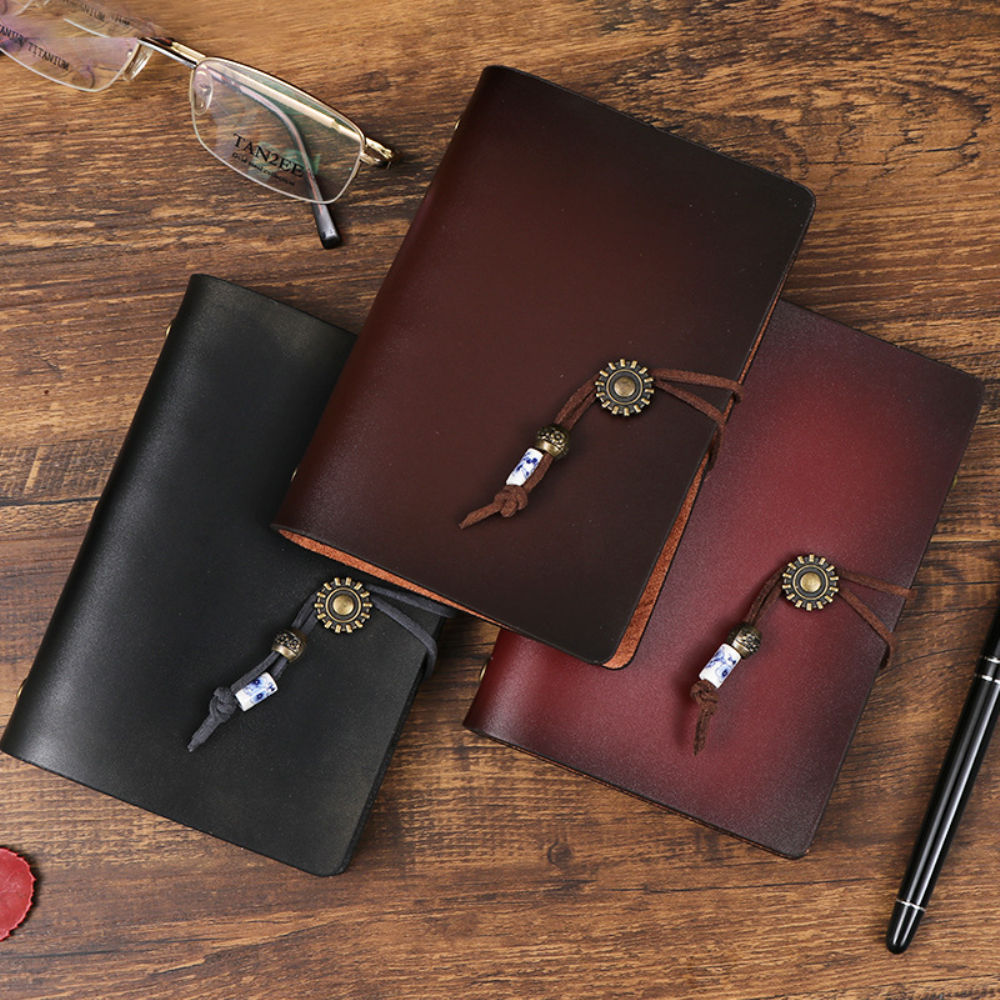Eco Materials: Recycled Paper, FSC Mix, and Soy Inks for Buyers
Introduction
Sustainability has become one of the strongest drivers in consumer purchasing behavior, and the notebook industry is no exception. Buyers for retail, education, and corporate gifting are increasingly demanding environmentally responsible products. From recycled paper and FSC-certified mixes to soy-based inks, eco-friendly choices not only reduce environmental impact but also provide a powerful marketing advantage.
Recycled Paper: Giving Waste a Second Life
Recycled paper remains the most widely used eco-material in notebooks. It reduces the need for virgin pulp, lowers carbon footprint, and resonates with eco-conscious customers. While earlier recycled papers sometimes lacked smoothness, modern manufacturing techniques now deliver high-quality finishes suitable even for premium notebooks.
For buyers sourcing large volumes, recycled paper is cost-competitive and helps meet corporate sustainability goals. Retailers often promote recycled notebooks as part of their “green product” lines, attracting younger demographics who value ethical consumption.
FSC Mix: Certified and Responsible Sourcing
FSC (Forest Stewardship Council) certification ensures paper comes from responsibly managed forests. An FSC Mix label indicates that the product combines recycled material, controlled wood, and FSC-certified virgin fiber. This certification reassures end-users that their purchase supports sustainable forestry practices.
Corporate procurement teams often specify FSC Mix paper in their RFQs to align with ESG (Environmental, Social, and Governance) policies. Partnering with an experienced Notebook Supplier ensures access to a steady supply of FSC-certified paper options for custom notebooks, journals, and sketchbooks.
Soy-Based Inks: Cleaner Printing Solutions
Traditional petroleum-based inks release VOCs (volatile organic compounds) that harm the environment. Soy-based inks, however, are renewable, biodegradable, and provide excellent color vibrancy. They also make recycling easier since soy inks break down more cleanly during the de-inking process.
Retailers who position notebooks as “eco-friendly” or “sustainable” often choose soy ink printing to strengthen green branding. This approach works particularly well for premium Sketchbook Supplier products aimed at artists and designers, where both print quality and environmental responsibility are valued.
Market Advantages of Eco Materials
-
Retailers: Eco materials boost brand reputation and appeal to environmentally conscious consumers.
-
Corporate buyers: Sustainable notebooks align with CSR initiatives and make excellent branded gifts.
-
Educational buyers: Schools and universities increasingly demand recycled or FSC-certified products to meet institutional sustainability policies.
Cost vs. Value Considerations
While eco-materials may carry a slightly higher unit cost, they often generate stronger demand and justify premium pricing. Buyers should also consider the long-term value of aligning with sustainable practices, from customer loyalty to regulatory compliance advantages.
Conclusion
Eco materials such as recycled paper, FSC Mix, and soy-based inks are no longer niche options—they are mainstream expectations in global notebook markets. Buyers who embrace these materials strengthen their sustainability credentials, enhance brand perception, and future-proof their sourcing strategies. By working with a reliable Notebook Supplier and specialized Sketchbook Supplier, businesses gain access to certified eco-friendly solutions that balance quality, cost, and environmental responsibility.















